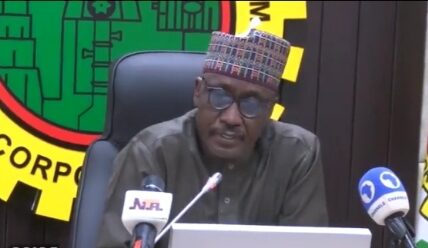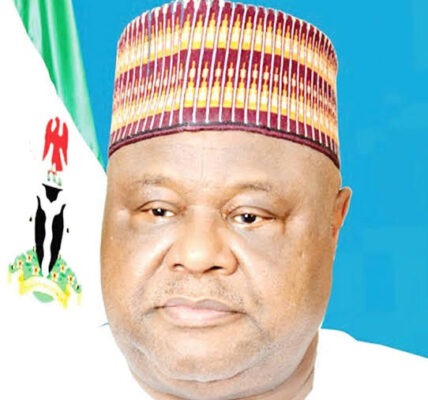GBV: What I Told My Daughters To Do If Their Husbands Slap Them – Emir Sanusi
This post has already been read 2147878 times!
The 16th Emir of Kano, Muhammad Sanusi II, has made a bold statement regarding domestic violence, particularly wife beating, which he says forms 45% of cases across nine Shari’a Courts of Kano over the past five years. Speaking at the National Dialogue Conference on Gender-Based Violence (GBV) prevention from an Islamic perspective, the Emir revealed his advice to his daughters: if their husbands slap them, they should return the slap.
The conference, themed ‘Islamic teachings and community collaboration for ending Gender-Based Violence,’ was organized by the Centre for Islamic Civilisation and Interfaith Dialogue (CICID) at Bayero University Kano (BUK), in collaboration with the Development Research and Projects Centre (dRPC) and supported by the Ford Foundation.
Emir Sanusi emphasized the misuse of religious texts to justify wife beating, stating, “You can take that verse and say that as a husband, I’ve been given this permission to beat my wife light. And nobody will deny that, nobody will say it is haram if you comply with all the rules. But if you live in a society in which those rules are never applied, nobody who is angry remembers to look for a chewing stick or a handkerchief.”
He highlighted the severity of domestic violence cases, noting, “We had women whose limbs were broken. We had women whose teeth were knocked out. We had women who were victims of constant beating with sticks. We had women where the husband and his other wives beat one of the wives. We’ve had cases of Cardis having to send her sons to trial for criminal assault because of the nature of the beating against their wives. This is the common beating that happens.”
The Emir firmly stated, “Beating your wife or beating your daughter or beating a woman is prohibited. It is a crime. Let’s not even talk about handkerchief or chewing stick. It is just haram. It is prohibited. Allah says, All harm must be removed. And beating, gender-based violence is harm. And it must be removed.”
He also shared his personal stance on the issue, saying, “When my daughters are getting married, I say to them, if your husband slaps you, and you come home and tell me my husband slapped me, without slapping him back first, I will slap you myself because I did not send my daughter to marry somebody so he can slap her. If you do not like her, send her back to me. But don’t beat her.”
The conference also featured Dr. Hassan Karofi, Director of Partnerships and Strategic Communications, who highlighted the dRPC’s 22 years of supporting over 200 Muslim opinion leaders to attend study tours in Egypt. He emphasized the importance of leveraging the influence of religious leaders to prevent GBV in Northern Nigeria.
Dr. Taofeek Abubakar Hussain, Director of CICID, BUK, reiterated the event’s aim to correct misconceptions about Islam and promote the prevention of violence against women through enhanced stakeholder collaboration.
The National Dialogue Conference seeks to align Islamic teachings with contemporary approaches to GBV prevention, fostering dialogue among diverse stakeholders, including faith-based organizations, women and youth groups, traditional institutions, and government, to discuss actionable pathways to prevent GBV in society.







